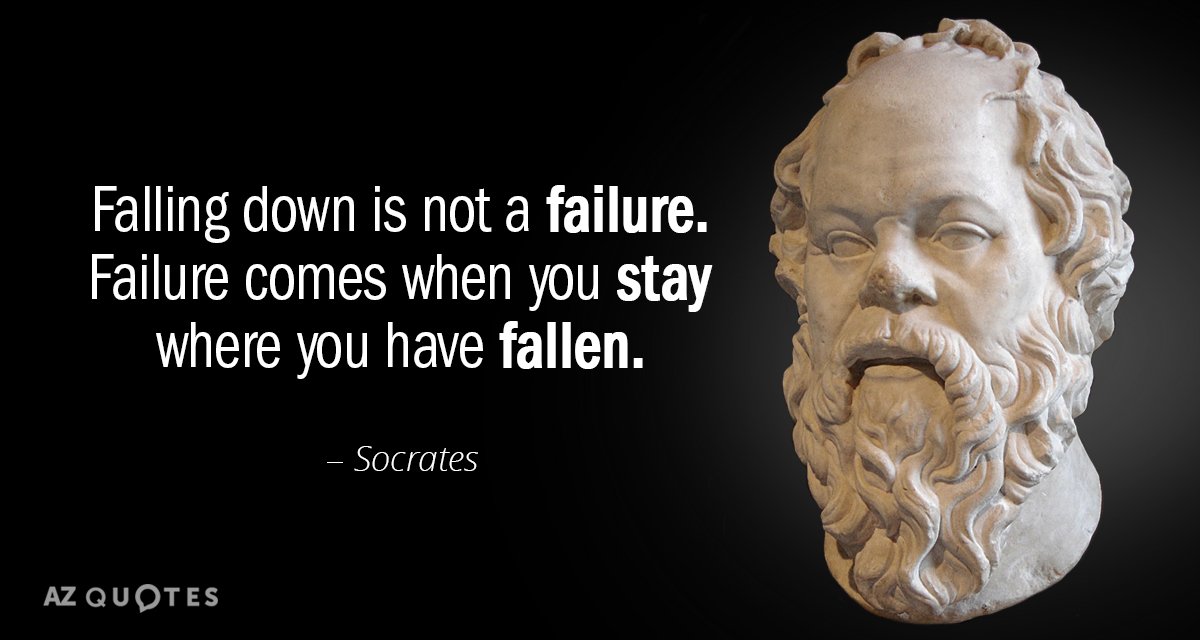 |
| By Unknown found on ounews.co |
Technology
in the classroom is a uphill struggle for most, myself included, due to how entropic
the topic is between the venerated teachers and the new guard who are slowly
taking their place as the successors to those grizzled veterans who came before
us. Though, no matter your view on technology in education, both of us have to
admit that it’s not going anywhere, and if we want to make the most of education
for our students we have to learn about it. But for those who don’t like technology
and are forced to learn about it anyway find solace in this: like a good comedian,
it’s important to know the material your making a satire of so you can make you
punchline that little bit more potent. So think of your subjugation to
technology as a means of creating better material when you want to rip into it.
Now,
when we talk about technology in the classroom some of the first thoughts in
your mind might be: computers, computer software, websites, etc. And there are all
what we’ll be talking about, but have we ever considered that there’s more to
the great-wide world of technology that could be integrated into education? While
I’m certain many of my readers have thought about how extensively technology
can be integrated into the general classroom, have we taken a second to think about
alternatives to our classic use of technology? To be frank, I know I hadn’t
before embarking on my research to find alternative, forms of digital technology.
So, let’s discuss these discoveries together by observing an unorthodox use of digital
technology.
| By Unknown on bristol.ac.uk |
Let’s begin with a truly unorthodox idea of technology and its value. Role-play games (RPGs for short) as a literary tool for students. Now, this might sound crazy to some, but to those who’ve played these types of games, you might know how well these types of story-based games influence your own writing style and force you to think creatively for both character creation and story-telling. Let’s look at an example of the integration of this bizarre method with an article that talks about the very same ideas as I proposed. In “Gaming as a Tool for Narrative Writing” by Suzie Boss, we get first hand accounts of from teachers about their creative expeditions with their would-be adventurers. Boss speaks about how teachers use “the power of gaming to turn even reluctant student writers into enthusiastic storytellers” which is highlighted by teachers using game like World of Warcraft, Guild Wars, or Final Fantasy XIV to teach their students by sending students on their own personal “hero’s journey” (Boss, 2019).
 |
| By Unknown on Edutopia |
Though,
RPGs aren’t the only way that digital technology can be integrated into the classroom.
There are fiction based websites that allow students to express themselves in whatever
kind of world they want to be a part of by presenting students the ability to write
openly. In Kathryn Nieves’ article: “5 Fiction Writing Tools That Spark
Students’ Creativity”, Nieves talks about the use of websites like Story Speaker
which uses Goggle Docs and “allows students to create choose-your-own-adventure
stories that can be integrated with a Google Home smart speaker or any device
with Google Assistant” (Nieves, 2019). And this is only the first of several websites
that permit this kind of open ended writing. The next one, and one I’m rather
fond of, is National Novel Writing Month (NaNoWriMo for short) that has fairly
recently incorporated a “young writers program” to engage students from K-12th
grade into the wacky-stressing inducing world of writing a whole novel in the
course of a single month.
These
stand as perfect examples of why technology can be valuable if used correctly. Through
the simple use of a couple of websites or free game trials we see that students
can become actively engaged in the work we have them do and make something out
of what would traditionally be called, silly ideas, and make a real- positive environments
for these kids to learn intensely valuable writing and creative thinking skills.
At
that, while I’d love to keep talking about such a multi-dimensional
conversation about valuable tools for teaching, I think I’ll release everyone from
my ramblings. Though, I’ll leave a couple of articles that talk more in-depth about
a lot of what I talked about for those interested.
The aforementioned “couple” of similar works:
References:
Nieves, K. (2019, August
14). 5 Fiction Writing Tools That Spark Students' Creativity. Retrieved from https://www.edutopia.org/article/5-fiction-writing-tools-spark-students-creativity.
Boss, S. (2019, May 6). Gaming as a Tool for Narrative
Writing. Retrieved from https://www.edutopia.org/article/gaming-tool-narrative-writing.

